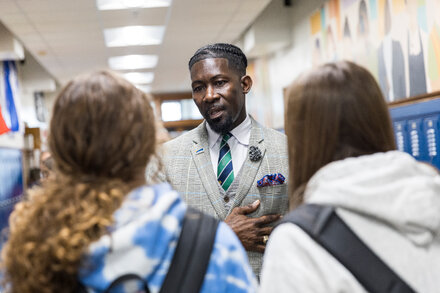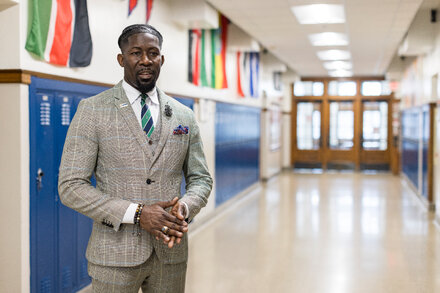LGBTQ+ teenagers and their families in Texas public schools are navigating an increasingly restrictive environment. State legislative actions and district policies have significantly tightened regulations around gender identity and sexual orientation discussions and accommodations, creating a climate of uncertainty and fear.

LGBTQ+ teenagers and their families in Texas public schools are grappling with an increasingly restrictive environment, as state legislative actions and school district policies have tightened regulations around gender identity and sexual orientation discussions and accommodations.
Over the past few years, Texas has seen a significant push for legislation and administrative rules impacting how public schools address LGBTQ+ issues. These measures, often framed around parental rights and age-appropriateness, have led to a climate of uncertainty and fear for many students and their guardians.
Policies introduced or reinforced include restrictions on classroom instruction regarding sexual orientation and gender identity, particularly in younger grades. Furthermore, guidance surrounding preferred pronouns, restroom access, and the participation of transgender athletes in school sports has created a complex landscape for schools to navigate and for students to experience.
Parents of LGBTQ+ students express deep concerns about the emotional and psychological toll these policies are taking on their children. “Before, I felt like I could be myself. Now, it’s like I have to censor every part of who I am, even in the hallways,” a high school student from Austin reportedly said, reflecting a sentiment of increased scrutiny and pressure.
Families are finding themselves in difficult positions, often advocating directly with school administrations or considering alternative educational pathways like homeschooling. “Our primary concern is our child’s well-being and their ability to learn in an environment where they feel safe and valued,” stated a parent from Houston whose child identifies as non-binary, highlighting the core dilemma for many.
Advocacy groups across Texas have condemned these measures, arguing they create hostile environments and violate students’ rights. “These policies aren’t just abstract laws; they have real, detrimental impacts on the mental health and academic performance of LGBTQ+ youth,” commented an attorney from an LGBTQ+ advocacy group based in Texas, emphasizing the perceived harm.
School districts, caught between state directives and the needs of their diverse student populations, are often attempting to interpret and implement these guidelines while facing potential legal challenges from both sides of the debate. The evolving legal and political landscape ensures that the discussion around LGBTQ+ students in Texas public schools remains a contentious and deeply personal issue for many.
Source: Read the original article here.





